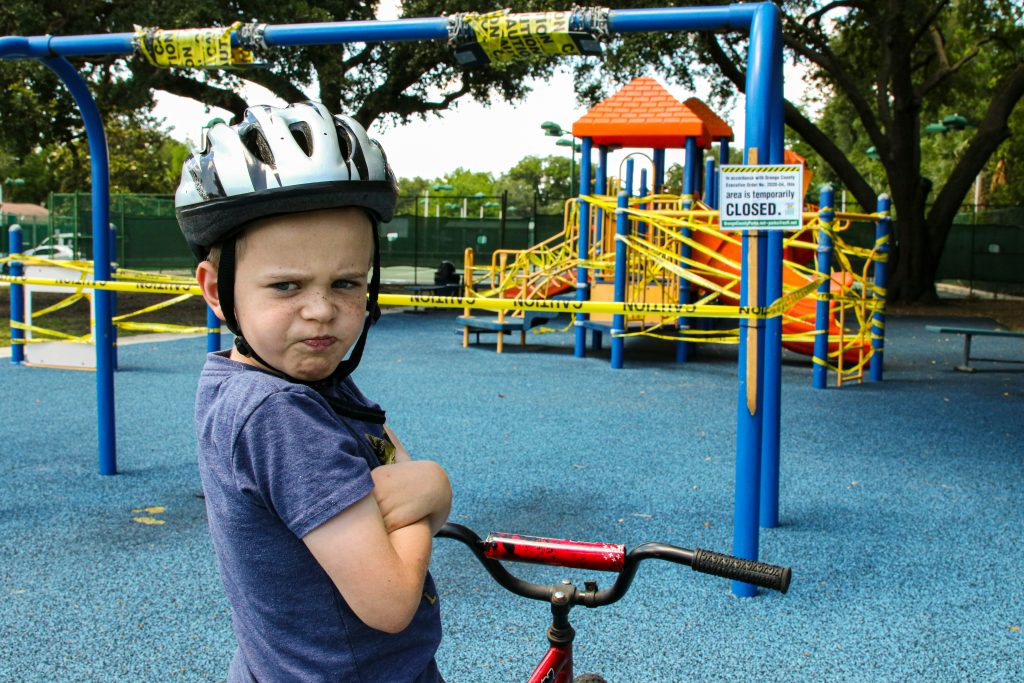
Children come into this world pulsing with life force, what Rudolf Steiner called active creative power, what Erik Erikson framed as the developmental task of “will,” and what modern neuroscience tells us lives in the anterior cingulate cortex, that small, mighty part of the brain responsible for impulse control, motivation, and decision-making.
Willpower isn’t about brute force.
It’s about aligned force.
It’s the ability to act from one’s own inner compass,
and to hold that direction through resistance, temptation, distraction, and pressure.
But will doesn’t arrive all at once. It develops over time, through trial, error, friction, and repair. And when it begins to bloom in our children (between 18 months and adolescence) it often shows up as…
stubbornness,
tantrums,
“No!”
and fierce independence.
We tend to respond in two ways:
📌 Dominate: “Because I said so.”
📌 Submit: “Fine, do what you want.”
But both rob our kids of what they really need: a regulated, grounded adult who can stay with them through the storm of becoming.
Will: Not Rebellion, but Emergence
Developmental psychologist Dr. Gordon Neufeld speaks of counter-will, a natural resistance to being controlled, especially when attachment is threatened. When our kids feel disconnected or overpowered, they can’t yield. Their resistance is the psyche’s way of protecting agency.
But counter-will is not always a red flag. It can be a rite of passage, an immature, healthy expression of becoming an autonomous self.
Psychologist Dr. Ross Greene echoes this: “Kids do well if they can.” When they don’t, it’s often because they lack the skills or nervous system capacity to comply without losing themselves.
So what do we do with a child who pushes back, refuses to go along, or insists they know best?
We remember: They’re not broken. They’re becoming.
How to Support a Healthy Will (Theirs and Yours)
✅ Stay grounded in your own will.
The more rooted you are in your own direction, values, and purpose, the less your child’s emerging will feels like a threat.
✅ Create space for self-advocacy.
Let them want what they want. Honor their preferences without over-identifying or over-pleasing. Your job isn’t to grant every wish. It’s to help them feel seen.
✅ Welcome “No” as a developmental milestone.
Every “no” builds the boundary between self and other. Rather than crush it, guide it. You’re shaping an advocate, not an adversary.
✅ Teach them how to ask, not just how to cope.
Disappointment is part of life. But it’s not a reason to give up on what you need. Show them they can grieve a “no” and still hold onto their desires.
✅ Practice nervous system safety in moments of will clash.
Pause. Breathe. Feel your feet. Name the war inside. Creativity comes not from control, but from courage.
The truth is: we can’t teach willpower by commanding it.
We support it by modeling self-leadership,
by staying present in the hard moments,
and by trusting the sacred, messy process of becoming.
Their emotions, desires, behaviors are not too much for us.
And when they are?
We repair.
We stay.
We keep showing up.
Because raising a child with a strong will means becoming a parent with one, too.